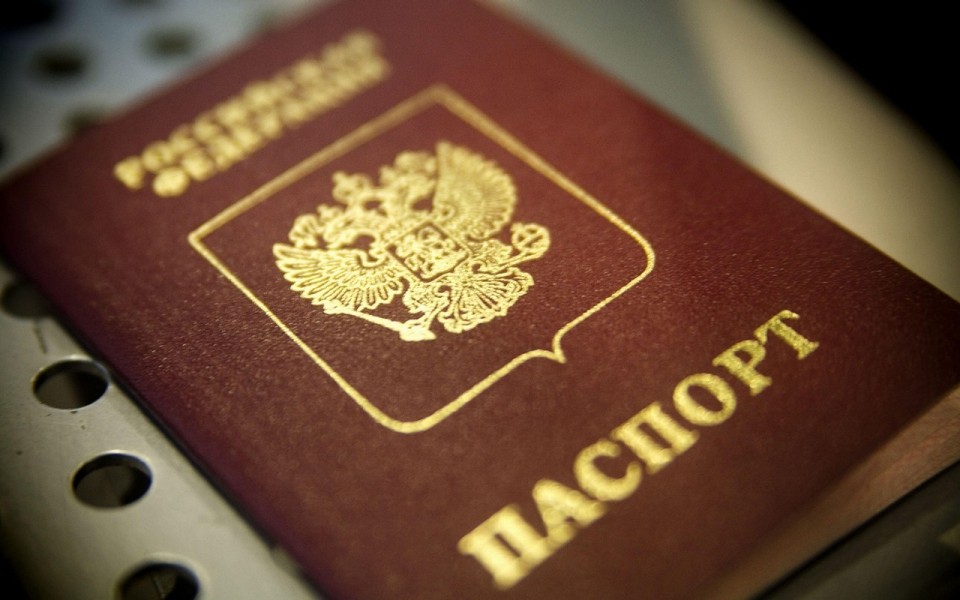Everyone should know their rights, especially in those situations when communication with representatives of law enforcement agencies occurs. So it’s not out of place to consider the question: what are the grounds for checking documents and who should carry it out?
The fact that a representative of law enforcement agencies stopped a citizen and demanded to show the documents suggests that this person somehow attracted attention not in a positive way. A request to show a passport is a common manifestation of caution regarding a potential troublemaker. This is quite a common procedure in crowded places, and you should not be afraid of it at all. But usually the grounds for checking documents are:
- According to the policeman, a person is a potential troublemaker or seems suspected of committing a crime.
- A policeman can verify the information and assume that the citizen is wanted.
- If there was a fact of an administrative offense
Identity documents may not be with you, you should not be afraid of this, since, following the letter of the law, no one is obliged to carry them in your purse or pocket. You just have to say the data, address of registration and occupation. This will help the employee to check you in the database and form an opinion as an adequate law-abiding citizen, will not cause unnecessary doubts and negativity, as if a scream and scandal begin.
ID documents
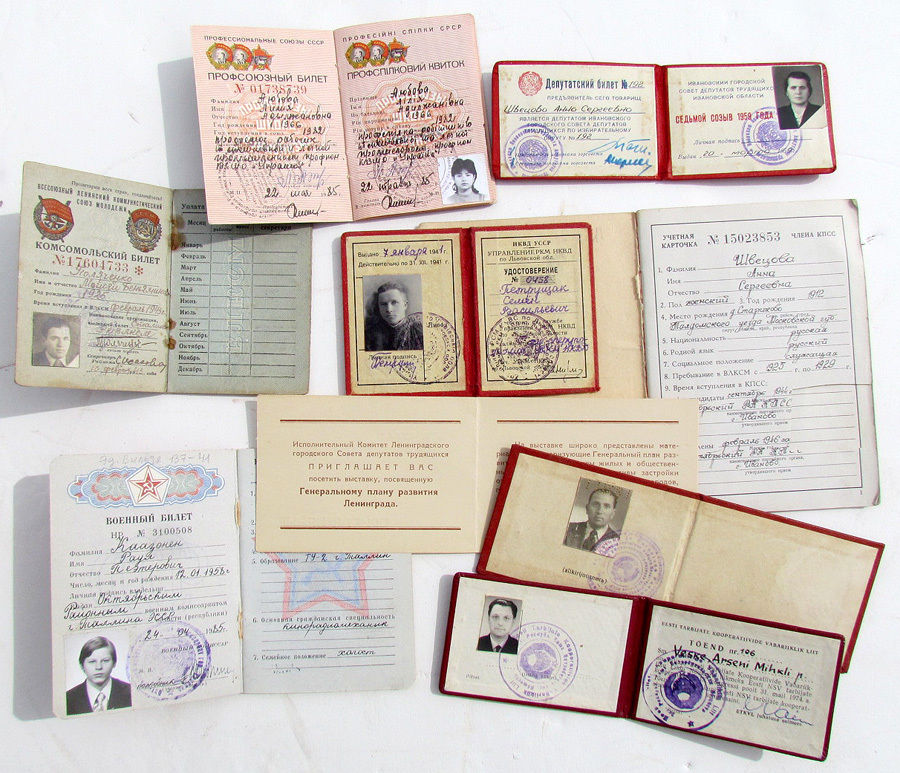
What document is used to verify the identity of the police? The answer is simple - a passport. But, as mentioned above, the legislation does not oblige its citizens to have it with them, and the refusal to submit a document is not a resistance to the demand of a law enforcement officer.
But then the following question arises: with what documents is it possible to establish an identity? All lawyers unanimously declare that identification is possible only with a passport. The law states that the passport of a citizen of the Russian Federation is the main document, but not one law says that it is the only one.
Documents for verification
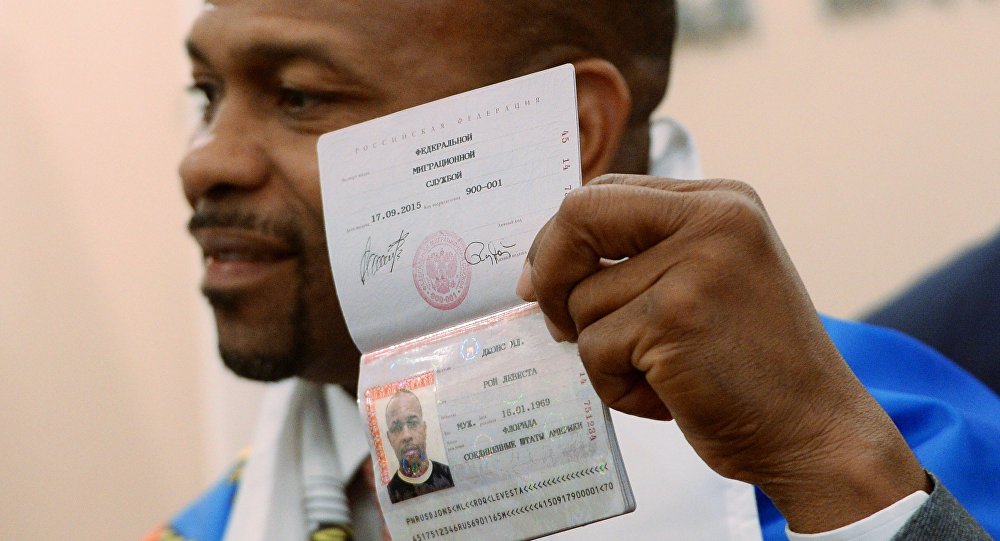
If legal grounds have arisen for checking documents by the police from citizens who do not have legislative relations with the state, then law enforcement officials have the right to check foreign documents, and it is also not necessary that this will be a passport. These documents include:
- provisional identity card;
- student tickets;
- certificates of civil servants;
- driver's license;
- pension certificates.
All actions committed by government officials must be reported to a stopped person. Suspicions of the detainee are obliged to arouse inaudible the "muttered" surname, name, patronymic and position held by the official.
For example, a policeman refuses to introduce himself or, even worse, is in a state of intoxication, under illicit drugs during execution and demands to pay a fictitious fine on the spot, referring to the grounds and procedure for checking documents.
The main thing is to remember: never, nothing and no one should pay! The representative of the government has no right to write fines in public places for expired documents or the absence thereof.
Based on article 19.15 of the Code of Administrative Offenses of the Russian Federation, concerning violations, it is required to say that living in the country with invalid documents is prohibited, but only the local inspector has the right to fine for this offense, and then only in the territory of the citizen's stay or residence.
When it is possible not to attend the department
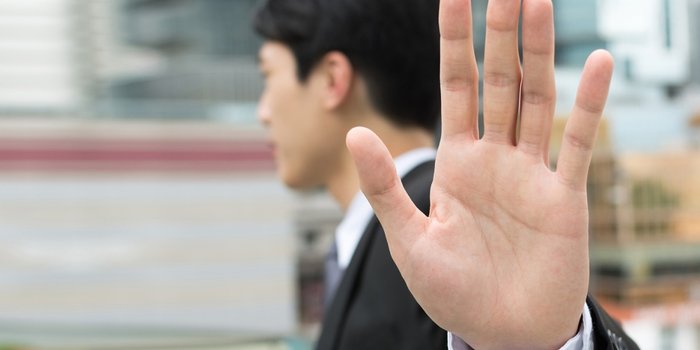
One of the most unpleasant consequences after talking with police officers is their obsessive requirement to go to the police station with them in order to find out finally all the circumstances. Based on article 27.1 of the Code of Administrative Offenses of the Russian Federation, we can say that only police officers can be taken to the police station:
- to suspend an ongoing administrative violation of rights in order to identify the offender;
- to draw up an administrative violation report;
- if a person is under suspicion of a crime.
What to do if detained?
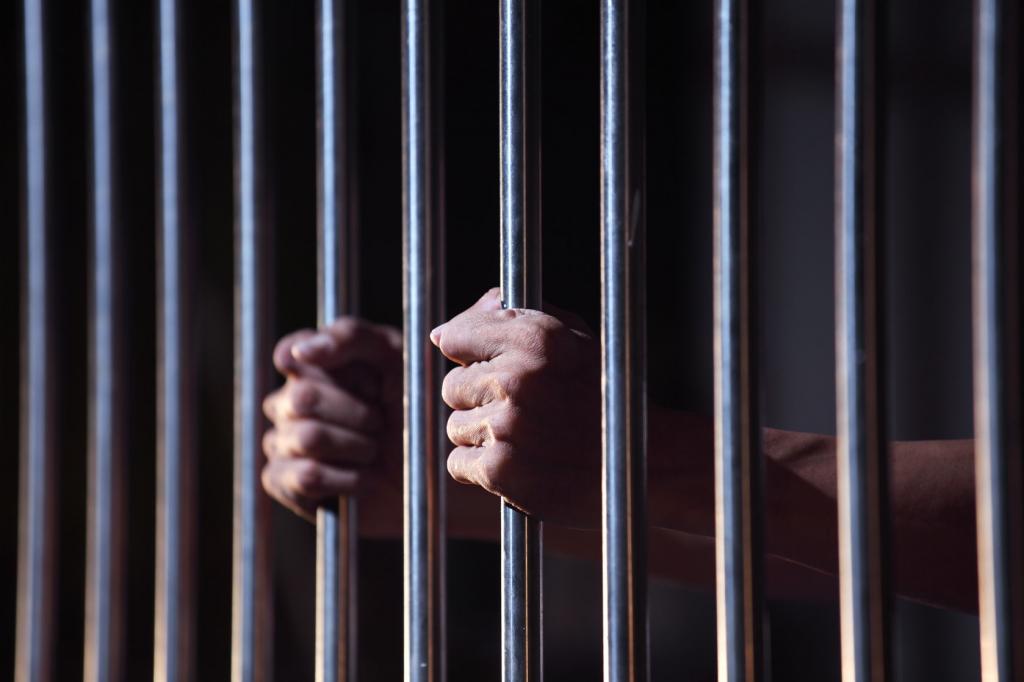
If, nevertheless, the basis for checking documents by employees was not empty and the person was in the department, then you need to know a few nuances:
- Everyone has the right to a phone call. This opportunity appeared recently, so long-working employees may not even know about it. If this happens, then, not shy, it is worth referring to paragraph 3 of Article 14 of the Law "On Police". Upon detention, a protocol shall be drawn up without fail.
- If there was a fact of detention, the police officer must introduce himself and name the position held, presenting a certificate. Also, the detainee must read out the legal rights. These include a refusal to testify, a request to notify relatives of the detention.
Any person has the right to ask for a lawyer and translation services.
Administrative violation
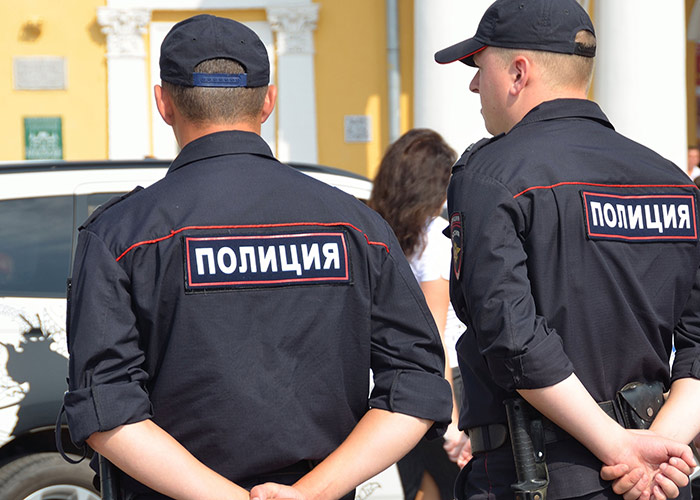
If an administrative violation has occurred, the police officer must:
- deliver the offender to the department (delivery);
- conduct an inspection of the offender and his belongings;
- seize documents and present things.
The police officer is obliged to draw up a delivery report or leave a note in the protocol on the existence of an administrative offense.
Inspection by the traffic police
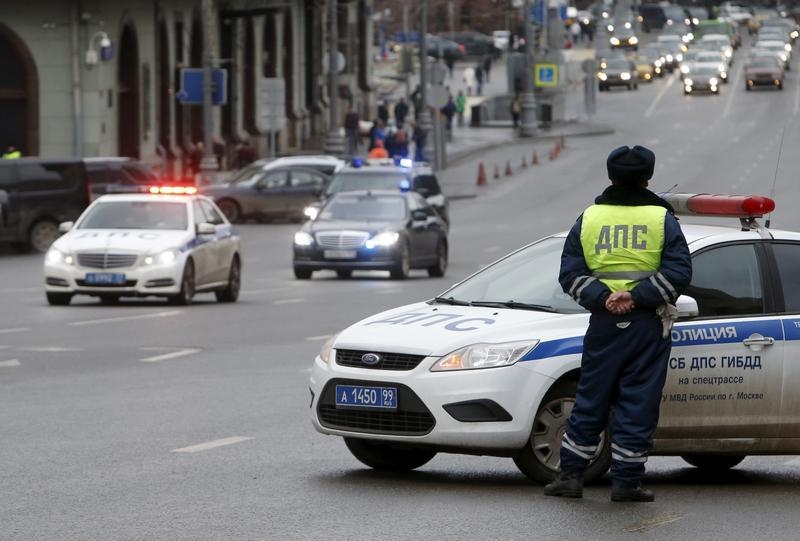
In the framework of the Law “On Police,” there are quite a lot of reasons for checking traffic police documents, the only thing is that the places to conduct the inspection are determined by the authorities, based on accident indicators on road sections.
Based on the order of the Ministry of Internal Affairs, you can make a list of reasons for stopping the vehicle driver on the road:
- Conscious violation of traffic rules. This must be fixed by the traffic police officer either visually or using appropriate gadgets.
- The car is wanted.
- The driver witnessed an accident.
- The traffic police officer must use the vehicle for official purposes.
- Failure to miss a special vehicle.
- Scheduled inspection of driver's documents on the road.
Grounds for verification
The grounds for checking documents are:
- Neglecting the rules on the road.
- Participation in an accident.
- A car is considered stolen.
What will happen if you refuse?
Based on the SDA, it is required to say that the driver is obliged to submit his documents to the traffic police officer upon request. Disobedience may result in penalties for administrative violations. This is evidenced by article 12 of the Code of Administrative Violations.
You should also understand on the basis of which document an inspection is carried out. According to the law, the representative of the State traffic inspectorate has the right to ask to submit:
- Driver's license.
- Vehicle Registration Certificate.
- Vehicle passport.
- CTP policy.
- If necessary, a permit for the transport of passengers or goods.
- The certificate of the disabled.
How is the traffic police checking
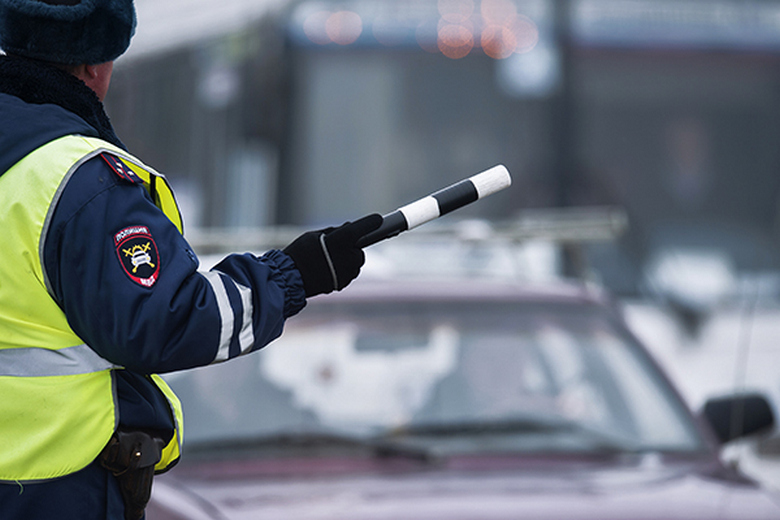
The grounds and procedure for checking documents on roads practically do not differ from police checks on the streets. But still there are some nuances:
1) The stop occurs with the help of the rod with a special gesture or, if the traffic police officer is in the car, through the loudspeaker.
2) After the car stops at the indicated place, the employee approaches and introduces himself (last name, first name, patronymic and position), explains the reason for checking the documents.
3) If the driver has put forward a requirement to show a certificate and explain the reason for the stop, in no case can anyone refuse this.
4) The traffic police officer may request to leave the car, if the driver is intoxicated, very unwell, if necessary, become understood or to verify the vehicle numbers.
Does the traffic police officer have the right to conduct a technical inspection of the car
If we rely on the Ministry of Internal Affairs regulation No. 664, then we can say that the inspector has every right to check the vehicle for serviceability, if it is obvious that the brake system or steering does not work. In addition, the traffic police officer may fully inspect the vehicle if:
- The windows are very tinted and do not comply with the prescribed standards.
- Additional light or sound elements without permission are installed.
